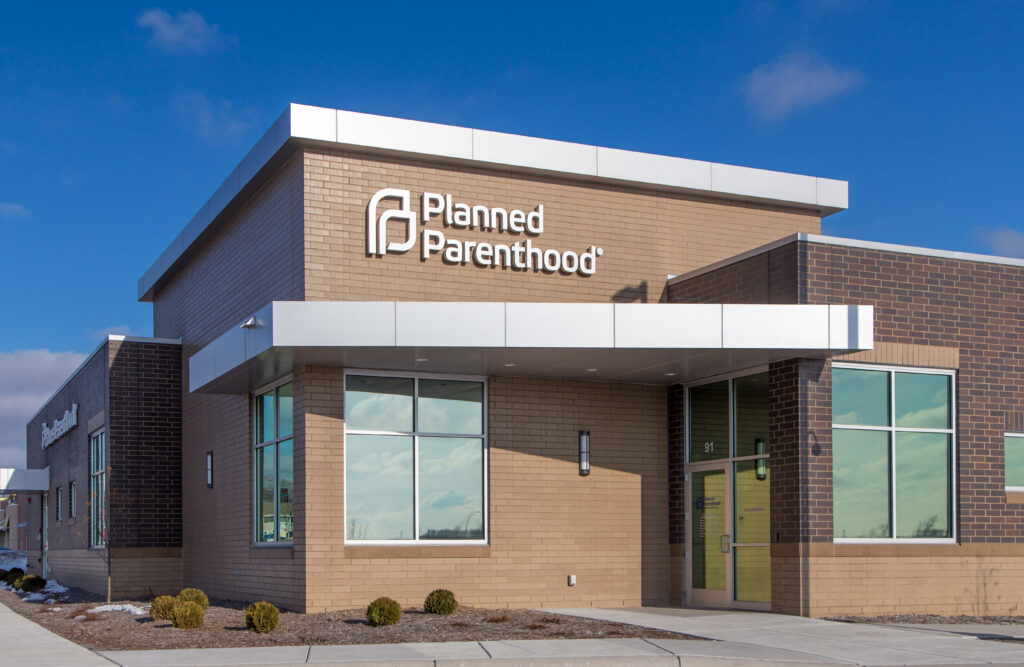Effects of Pregnancy Loss on Subsequent Postpartum Mental Health: A Prospective Longitudinal Cohort Study
Additional Author: Christopher Craver
Abstract
Pregnancy loss, natural or induced, is linked to higher rates of mental health problems, but little is known about its effects during the postpartum period. This study identifies the percentages of women receiving at least one postpartum psychiatric treatment (PPT), defined as any psychiatric treatment (ICD-9 290-316) within six months of their first live birth, relative to their history of pregnancy loss, history of prior mental health treatments, age, and race. The population consists of young women eligible for Medicaid in states that covered all reproductive services between 1999–2012. Of 1,939,078 Medicaid beneficiaries with a first live birth, 207,654 (10.7%) experienced at least one PPT, and 216,828 (11.2%) had at least one prior pregnancy loss. A history of prior mental health treatments (MHTs) was the strongest predictor of PPT, but a history of pregnancy loss is also another important risk factor. Overall, women with a prior pregnancy loss were 35% more likely to require a PPT. When the interactions of prior mental health and prior pregnancy loss are examined in greater detail, important effects of these combinations were revealed. About 58% of those whose first MHT was after a pregnancy loss required PPT. In addition, over 99% of women with a history of MHT one year prior to their first pregnancy loss required PPT after their first live births. These findings reveal that pregnancy loss (natural or induced) is a risk factor for PPT, and that the timing of events and the time span for considering prior mental health in research on pregnancy loss can significantly change observed effects. Clinicians should screen for a convergence of a history of MHT and prior pregnancy loss when evaluating pregnant women, in order to make appropriate referrals for counseling.
Read Complete Article






















